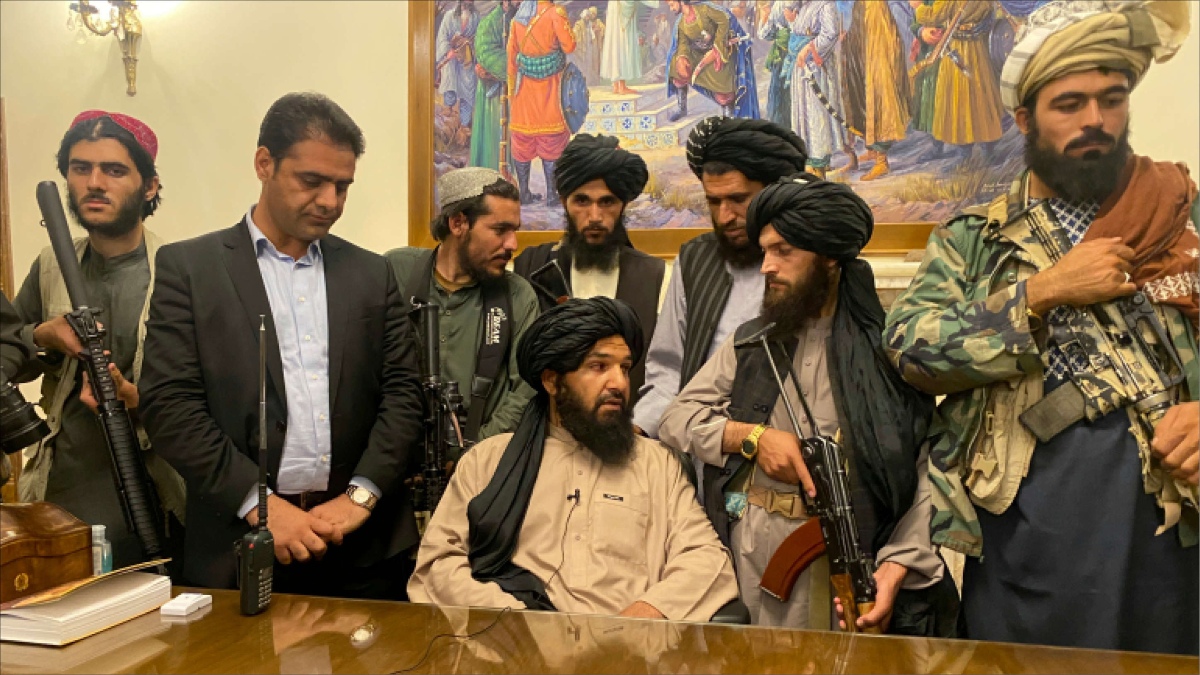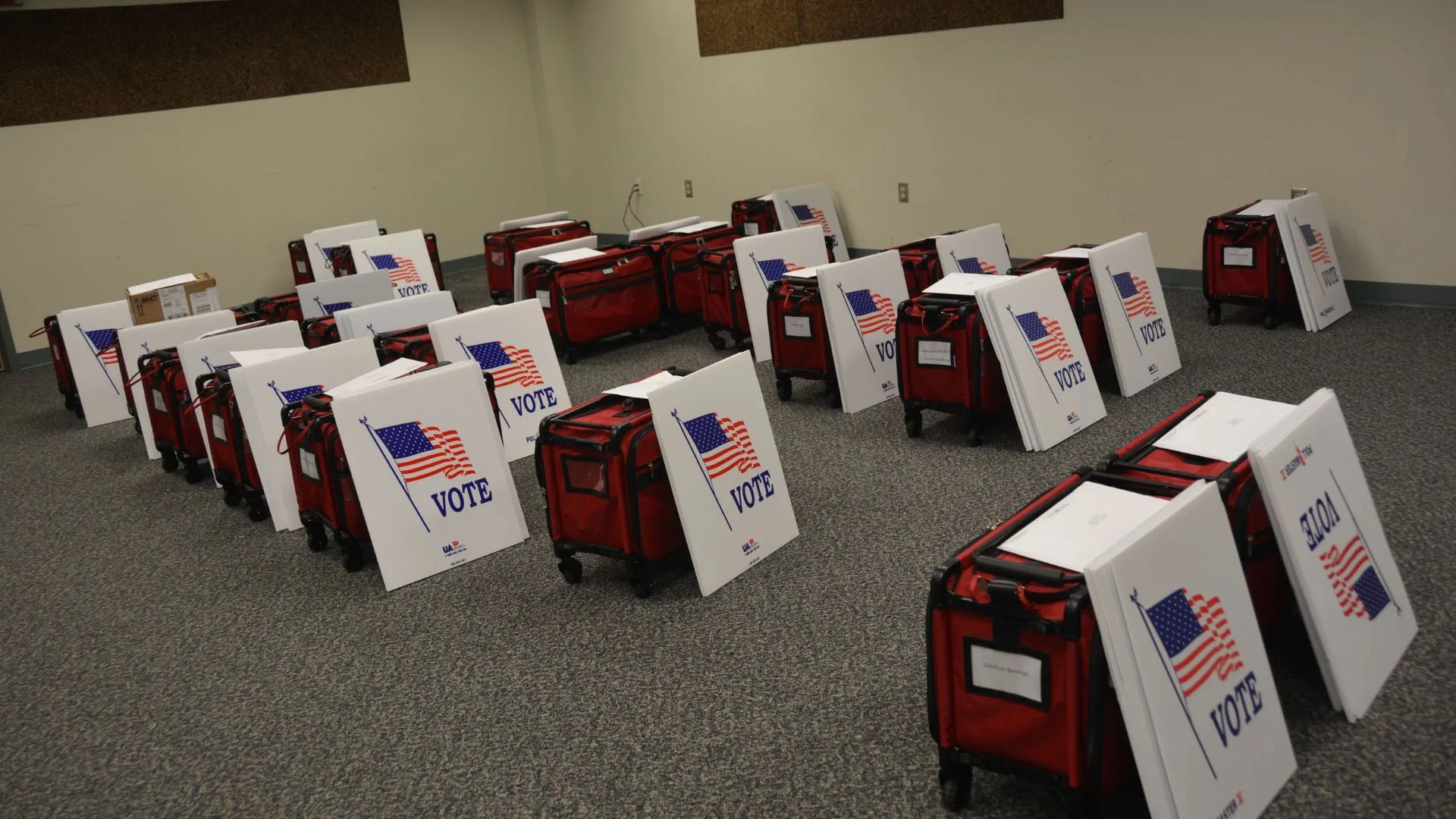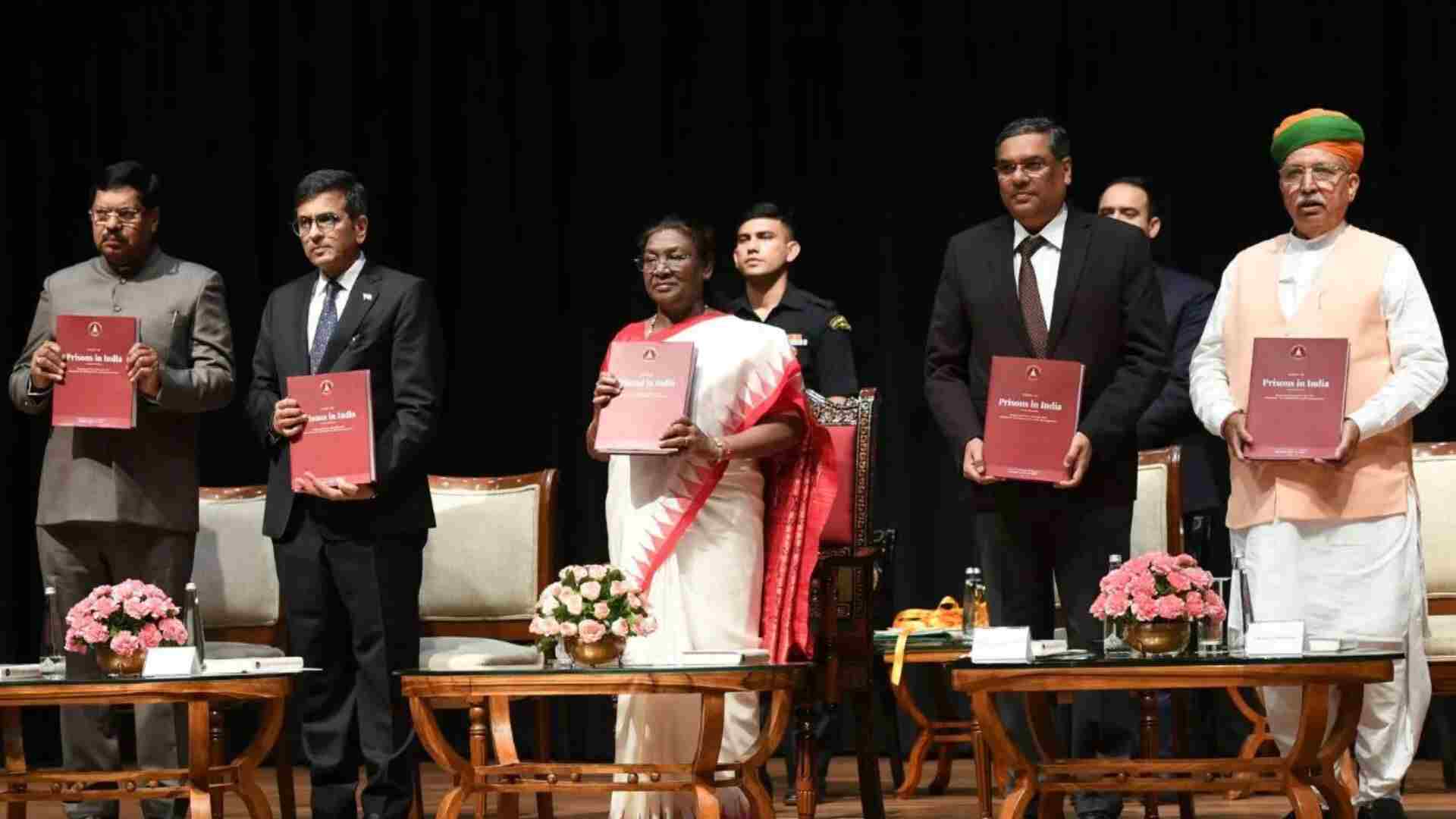
The fall of Kabul has put the Taliban firmly in control in Afghanistan. It will be declared an Islamic emirate and we can expect an imposition of Sharia with all the ruthlessness that the Taliban displayed in the 1990s. Afghanistan will, in all likelihood, once again become the centre and focal point of radical Islamist groups from across the world.
The Afghan military, built over a period of twenty years, unexpectedly crumbled. There were reportedly about 300,000 trained and well-equipped soldiers and police personnel in the Afghan National Defence and Security Forces (ANDSF). It is likely that a considerable part of this force existed only on paper and from what was physically existing, there would have been some who had deserted. But even so, the remaining personnel in the Afghan army would have outnumbered the Taliban. Yet, the military and political leadership displayed no stomach for the fight and meekly surrendered their country. The Taliban victory was thus not won on the battlefield but in the psychological domain, which calls into question the character, capability and nature of the Afghan leadership.
The Afghan War Diary formed part of the Wikileaks transcripts, leaked in 2010. This covered over 91,000 reports covering six years of the war from 2004-2010. It is apparent from the documents that a large part of the US effort spent on the Afghan military, both for training and equipping the force, was laundered back to American defence corporates and contractors, and huge amounts were pilfered by those in power in Afghanistan. But even so, the Afghan army, in terms of manpower and equipment was better off than the Taliban. While the Afghan government may not have been very popular, in public perception they were still preferable to the Taliban. What then made such a force, which had public backing, surrender so meekly to the Taliban?
Leadership and morale are two prime battle-winning factors. The Taliban had created an aura of invincibility around themselves by repeatedly stating that regardless of the time taken, they would liberate their land from foreign occupation. They refused to accept the legitimacy of the Afghan government on the grounds that they were collaborators with foreign powers. And for 20 long years they remained focused on their goal, albeit with strong military, financial and moral support from Pakistan. This aura of invincibility preyed heavily on the minds of the Afghan government and its senior military leadership. They were apprehensive of the fate that would befall them, should the Taliban come to power. All of them were cognisant of what happened to Mohammad Najibullah, who served as the President of Afghanistan from 1987 until his resignation in 1992 and the horrific manner in which he was killed by the Taliban after his capture from the UN headquarters in Kabul on 27 September 1996. The Afghan leadership had thus apparently lost the psychological battle, even before the first bullet had been fired. Many commanders thus compromised with the Taliban, leading to a snowballing effect.
Militarily, the Taliban executed a superior strategy. The Taliban leadership was based in Pakistan from which it received intelligence, financial, logistic and material support. More importantly, it is likely that the Pakistan military actively aided the Taliban in formulating their military strategy. The Taliban thus started with gaining control of the countryside in the provinces bordering Pakistan, Iran and the Central Asian Republics. They then sealed off the border crossings, specifically getting control of the trade routes. Most of these were operations limited in scale and scope but their success was magnified many times to give a perception of an unconquerable army. Finally, when they moved to the provincial capitals, many capitulated without a fight. In some cases, there was half-hearted resistance, but evidently the military leadership succumbed to psychological pressure and capitulated. Defeat comes first in the mind and that is what happened in Afghanistan.
There was clearly a lack of strategy on part of the Afghan government and its military in how to deal with the Taliban. By dispersing all across the country, they divided their resources and left themselves open to be defeated in detail. A better strategy would have been to concentrate their forces in certain key areas to give battle to the Taliban. What they needed was one emphatic victory to show to the people and more so to its military, that the Afghan Taliban were not 10 feet tall and could be defeated. In this, they would have received tremendous local support. A lack of conceptual thinking and failure to grasp the basic elements of a strategy to defeat the Taliban, led to the present rout, which has taken the world by surprise.
What of the future and how should India respond to the developments in Afghanistan? Some analysts have opined that India should have done more in Afghanistan to protect its legitimate interests in the area, but what precisely should have been done is left delightfully vague. Some posit that India should have built bridges with the Taliban, but it is doubtful whether such a strategy would have paid appropriate dividends, given the close rapport that the Taliban enjoy with Pakistan and the latter’s hostility to any sort of Indian presence in Afghanistan. In the circumstances, India’s Afghanistan policy over the last few years was suited to the times.
The Taliban in Afghanistan would be seeking international legitimacy which would be hard to come by should their rule remain repressive and regressive as witnessed in the 1990s. The Taliban, on their part, are likely to display a public image of moderation, but this would be more for visual optics to garner favourable international opinion than any real change of heart. India thus needs to wait and watch how the situation unfolds in Afghanistan in the coming days and months. The situation as of now is too volatile and unpredictable, but there is a strong likelihood of a resistance movement developing against the Taliban. Over a period of time, this could become a powerful movement. Should such a contingency arise, India should be prepared to provide overt and covert support to such groups.
The Taliban may have taken power in Afghanistan, but the conflict is by no means over. It will stretch out over months and years, leading to great instability in the region. Pakistan has achieved success in putting its proxy in power in Afghanistan, but in the short to medium term, it will have to bear the cost of increasing assertiveness by the Tehrik-e-Taliban Pakistan (TTP) in its western borders as also cater to a huge influx of refugees from Pakistan. China will remain concerned with the activities of the ETIM (Eastern Turkistan Islamic Movement) and its impact on its Xinjiang province. Russia remains fearful of the possibility of some of the Central Asian Republics getting radicalised and the spin-off effect this may have in its border regions. Iran is concerned over the treatment of the Hazara community who are Shia muslims at the hands of the Sunni Muslim Taliban. The US and the West remain concerned about the potential growth of the Islamic State and al Qaeda in Afghanistan.
For India, there are legitimate concerns that the events in Afghanistan could lead to a spurt in terror activities in Jammu & Kashmir, but the situation in the Union Territory is different now, post the revocation of special status in 2019. However, India would need to ensure that a check is kept on the radicalisation of some elements of its population. The Taliban have won the battle but the war has just begun. And the prognosis is that it will be long drawn out and not end anytime in the near future.
Dhruv C. Katoch is a retired Major General of the Indian Army. The views expressed are personal.















